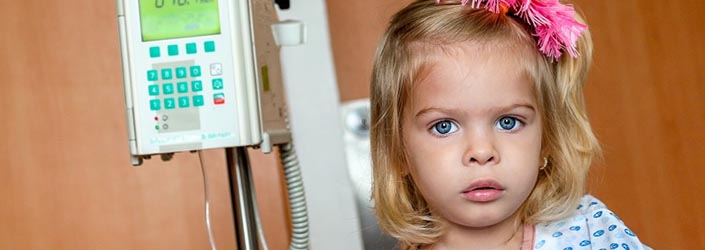Enhancing eHealth systems
We recognise the complexity of assessing eHealth system impact on delivery models. This project will test the translation of research findings to enhancing eHealth systems and then measure the results on performance.
Full project name: Delivering safe and effective medication management technology now and for the future
Project sponsor: The National Health and Medical Research Council through a partnership project grant (APP1094878)
About the project
The Sydney Children’s Hospitals Network plans to adopt new eHealth systems to significantly reduce patient risk and improve outcomes for patients. In August 2016 SCHN commenced implementation of two major electronic health record components:
- an electronic medication management system (eMM) for all patients across the two major paediatric hospitals in New South Wales
- an electronic medical record for oncology patients (eMR) across the same hospitals.
This project presents an innovative and comprehensive program to evaluate and learn from the implementation of these two major eHealth applications and their impact on clinical work, patient outcomes (including medication outcomes) across two hospitals, and costs in relation to benefits generated.
The project is based upon an innovative, and rigorous two-stage design:
- IT system safety and effectiveness data generated from a stepped wedge cluster randomised controlled trial (SWCRCT) at the first hospital (stage 1) will be used to modify the IT system design, re-design work processes and inform training programs through a collaborative process with partners.
- In stage 2 this enhanced eMM model will be implemented at hospital 2 and the success of these changes in improving system effectiveness will be measured using a second SWCRCT.
Exploiting the SWCRCT design within an action-research model is highly innovative and novel. This project will generate the first Australian cost-effectiveness data on eMM, providing policy-makers with new evidence critical to prioritising health care investments.
Considering the costs of health IT – NSW alone has allocated $2.6 billion to 11 current health IT projects – such information is critical.
Project goals
This project aims to:
- quantify the safety and effectiveness of an eMM to reduce medication errors (including adverse drug events-ADEs), and average length of stay among paediatric patients using a stepped-wedge cluster randomised controlled trial
- assess the extent to which feedback (from Aim 1) and subsequent modifications of eMM design can improve eMM effectiveness in reducing medication errors
- assess the effects of an eMR in paediatric oncology on workflow, efficiency and patient outcomes
- conduct a cost-effectiveness study of eMM use in two paediatric hospitals.
Project lead: Associate Professor Magda Raban
- Dr Tim Badgery-Parker
- Erin Fitzpatrick
- Professor Andrew Georgiou
- Associate Professor Ling Li
- Alison Merchant
- Dr Mirela Prgomet
- Dr Md Bayzidur Rahman
- Professor Johanna Westbrook
Other members and collaborators
- Professor Geoffrey Ambler
- Associate Professor Melissa Baysari
- Professor Christopher Cowell
- Dr Luciano Dalla-Pozza
- Professor Richard Day
- Professor Jonathan Karnon
- Associate Professor Tracey O'Brien
Associate investigators
- Draga Barbaric
- Adam Bennett
- Neville Board
- Madlen Gazarian
- Margaret Kelly
- Chris Lehmann
- Cheryl McCullagh
- Michael Walsh
- Les White
- Sydney Children's Hospital Network
- eHealth NSW
- NSW Kids and Families
